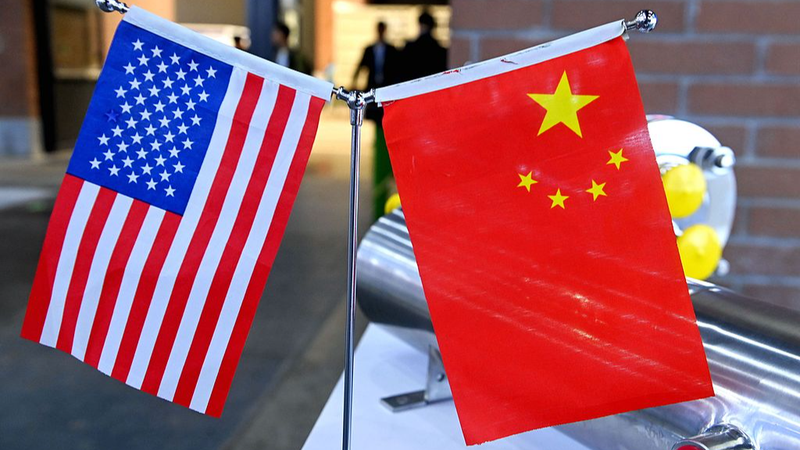At a pivotal meeting in Busan, the Republic of Korea, Chinese President Xi Jinping and U.S. President Donald Trump signaled a strategic shift from competition to cooperation. Against a backdrop of global uncertainty, both leaders focused on keeping the “giant ship” of China-U.S. relations steady.
“In the face of winds, waves and challenges, we should stay the right course, navigate through the complex landscape, and ensure the steady sailing forward of the giant ship of China-U.S. relations,” Xi said. This metaphor captures China’s strategic resolve to manage differences without capsizing the broader relationship.
Behind this calm lies China’s principle of independent and self-reliant development. As Xi noted, China’s economy is like an ocean, not a small pond—confident, resilient, and at the heart of the global supply chain. This growing influence gives China strategic initiative on the world stage.
On the other side, President Trump described China as the United States’ biggest partner. This language shift—from calling China a “competitor” to its top partner—reflects a tacit recognition that major global challenges require U.S.-China coordination.
With the world’s largest developing economy and the largest developed economy at play, cooperation offers mutual benefits: shared prosperity, stable markets, and a stronger response to global risks. Both leaders agreed that China’s rejuvenation and the U.S. goal of renewed national strength can advance together.
As the dialogue window reopens, the space for practical collaboration—on trade, climate, and security—continues to expand. The Busan meeting marks a fresh chapter in China-U.S. ties, charting a pragmatic path forward in an interconnected world.
Reference(s):
Xi-Trump meeting signals 'cooperation' as key to China-U.S. ties
cgtn.com




